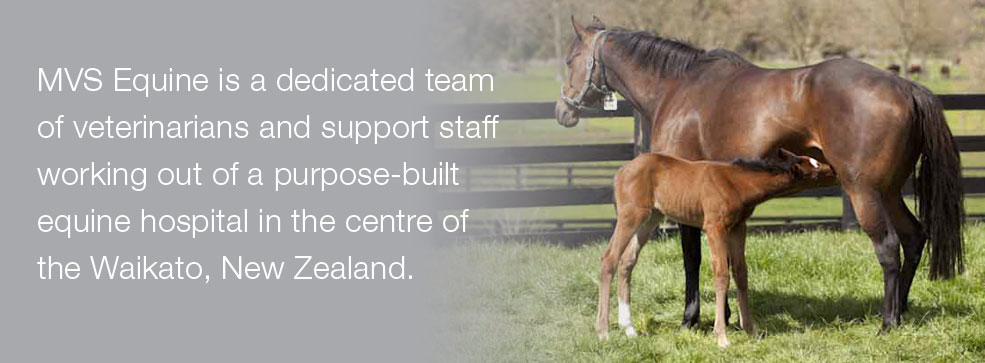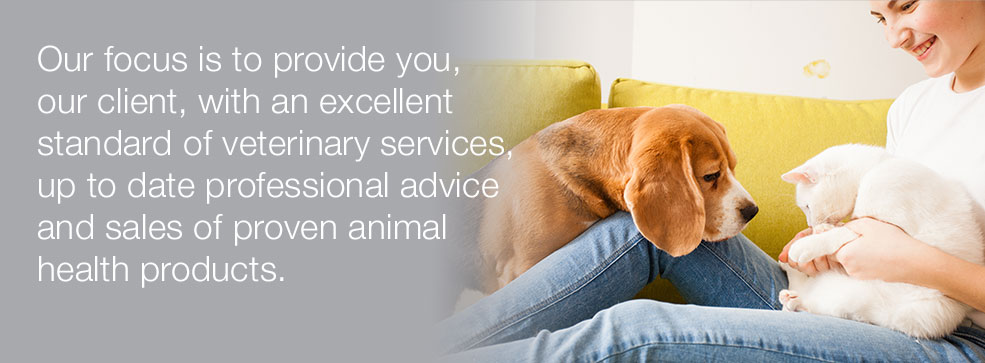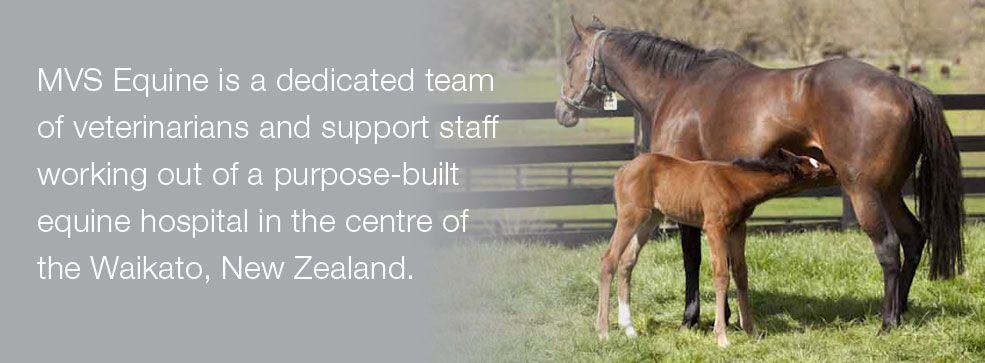Colic
Colic
May 28, 2012
Finding a horse suffering from colic can be a frightening experience and for good reason; a colicking horse is a veterinary emergency.
Rather than being a disease in itself, the term ‘colic’ describes behaviours that indicate abdominal pain. The more common signs include restlessness, sweating, pawing, flank watching, stretching out, belly kicking, lying down and rolling. Individual horses will show pain in different ways and any horse that appears agitated, uncomfortable, distressed or depressed may be suffering from abdominal pain.
As a general rule, the more painful the horse, the more serious the underlying problem is likely to be. However, mild cases of colic should not be overlooked as these can progress if not treated early.
The most important thing whilst waiting for the vet is to keep the horse and people involved safe. If boxed, any feed and hay should be removed. If walking the horse improves its comfort this is advisable, providing it is safe for the handler. A violently colicking horse is best left alone in a large box or turned out in a flat, empty paddock and watched closely. It helps to be prepared to answer the following questions that your vet is likely to ask:
- When was the horse last seen behaving normally?
- Have they passed droppings or urinated since?
- Any recent changes to their diet, appetite or condition?
- When were they last drenched and have they had a Faecal Egg Count recently?
- When were their teeth last done?
- Have they been on any medication recently?
- Have they suffered from colic before?
The vet will examine the horse’s physiological state and work towards a diagnosis of the cause. This may include listening to internal abdominal sounds, passing a stomach tube to check for a build up of fluid and feeling the contents of the abdomen through the rectum.
The MVS Equine Hospital has facilities for further diagnostic procedures if necessary. Samples of abdominal fluid, blood and faeces can be taken for analysis and an ultrasound scanner can be used to view of the location, size and contents of the intestines, spleen, liver, kidneys and bladder.
The list of possible causes of colic is long. Gastrointestinal causes are most common and these can include:
- gas distension
- spasm
- inflammation
- infection
- worm damage
- impaction
- displacement/entrapment
- torsion/strangulation/intussusception
- stomach ulcers
Sometimes colic is due to other abdominal problems, such as inflamed abdominal lining (peritonitis) or urinary tract blockage. Occasionally discomfort arising from the chest or musculoskeletal system can also be mistaken for colic, e.g. tying-up.
Colic does not automatically mean surgery. Most horses with colic respond to medical therapy. Treatment depends on the underlying cause and can range from a dose of anti-inflammatory medication to intravenous fluids and intensive care. Surgery is required in severe conditions involving displaced, twisted or trapped intestines. In these cases the chance of success is greatly improved by early detection, before a section of bowel loses its blood supply or toxins escape into the bloodstream.
In summary, ‘colic’ simply means abdominal pain and it can be caused by a variety of conditions. Some are minor and settle with basic treatment, others can be life-threatening. The number one rule that applies to the entire spectrum of causes is to seek treatment early, the sooner the better.




